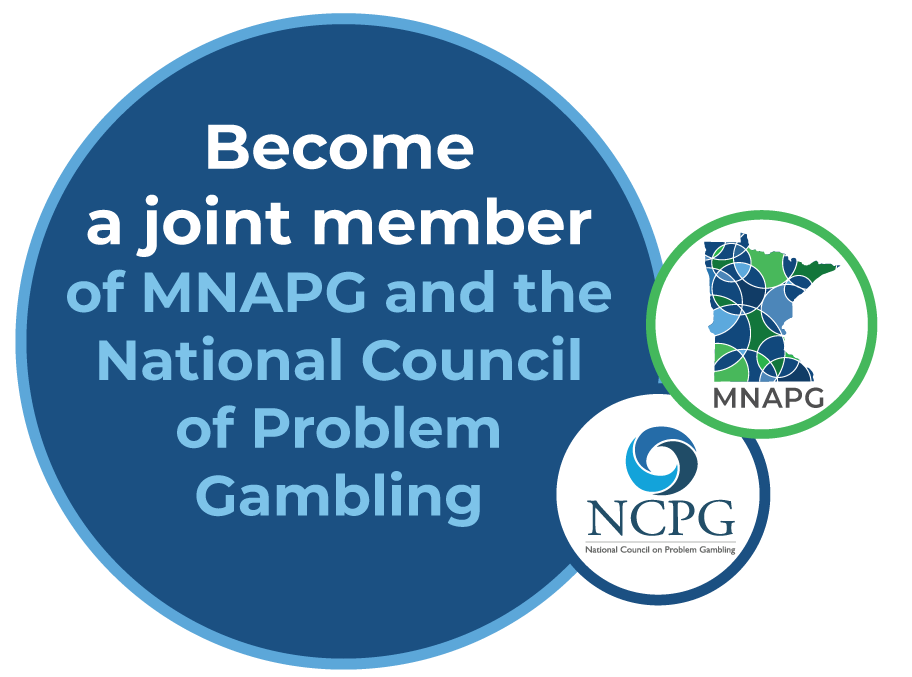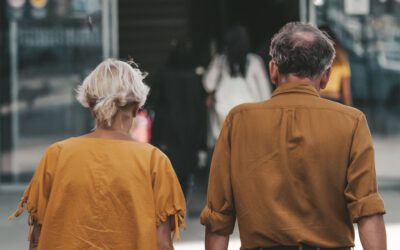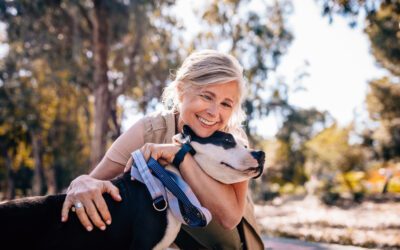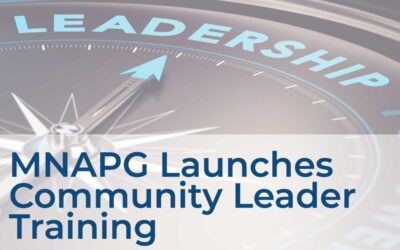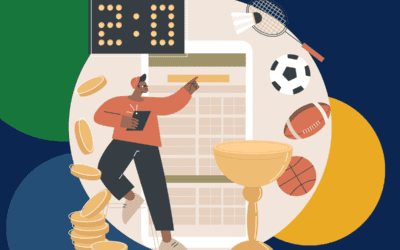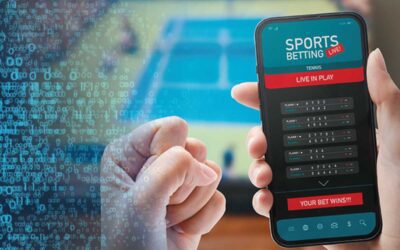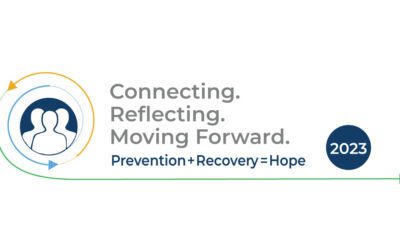PROBLEM GAMBLING PROVIDERS
MNAPG has a strong relationship with Minnesota’s problem gambling treatment community. Problem gambling counselors play a critical role in ensuring that Minnesotans receive the best possible services. We work to ensure that counselors receive the best training, earn equitable wages for their work and have the resources available to stay current with the gambling industry.
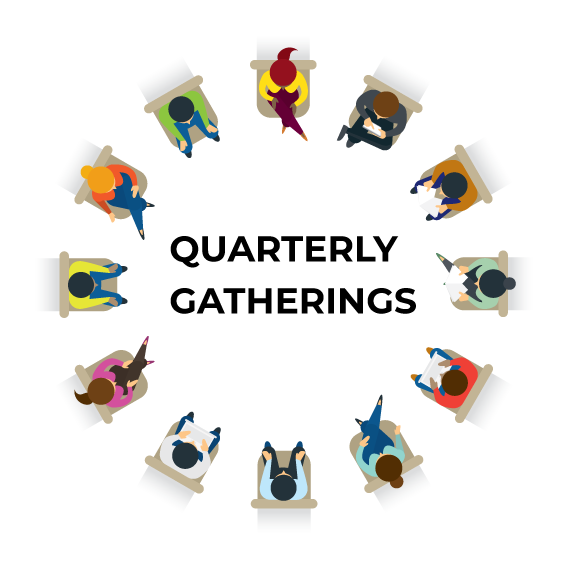
Regular meetings provide the opportunity for providers to gather so they can network and share their knowledge and experiences with colleagues. MNAPG also shares updates on outreach and prevention work in the community as well as advocacy efforts.
- Attend monthly NCPG webinars for free
- Receive discounts for conferences
- Be eligible for MNAPG scholarships to attend the national conference, and
- Lend support to both organizations at the state and federal levels
CONTINUING Education for Problem Gambling PROVIDErs
Annual Training/Conference Opportunities
- National Council on Problem Gambling (NCPG) Annual Conference – 2024 San Diego, CA. in person July 17 – July 20
- MNAPG makes scholarships available for this conference to any state approved gambling counselor who holds a joint membership with NCPG and MNAPG. Membership information can be found here
A Move Towards Greater Credibility through Professional Credentials
Minnesota requires 60 hours of problem gambling training. By completing these hours, Minnesota counselors qualify to take the IGCC-II exam and, if passed and have met the other criteria, would be able to add IGCC-II as an additional professional certification. To maintain this certification, counselors must be re-certified every three years through evidence of 60 hours of approved non-repetitive continuing education, 30 hours of which must be gambling- or gaming-specific IGCCB-approved hours. The remaining 30 hours (non-specific) can be obtained through a variety of methods in the behavioral health field. For more information visit the IGCCB site.
Supervision – Pilot Program Begins October 2022
MNAPG is contracting with a Board Approved Clinical Counselor (BACC) to provide voluntary case management supervision. MNAPG cannot require participation but it’s our hope that any problem gambling state approved counselor seeing clients with gambling disorder or treating family members would participate in a monthly call. The calls include presentations of several cases and provide an opportunity for counselors to learn from one another and to identify areas of need.
In 2019, the Oregon Health Authority commissioned an international survey of the major thought leaders, researchers and clinicians in the problem gambling field gathering best practices in five distinct areas of gambling treatment. The survey results were compiled and resulted in the creation of the latest guide to core competencies for a problem gambling treatment program. GUIDE TO CORE COMPETENCIES FOR TREATING PROBLEM GAMBLING, Oregon Health Authority, 2019.


Two voluntary, self-exclusion tools for online gambling sites.
Given that many gamblers may be moving online, especially during COVID-19 times, MNAPG is offering individual subscriptions for an online self-exclusion tool called Gamban. This tool enables the gambler to block tens of thousands of online gambling sites on all devices. MNAPG has purchased one-year subscriptions that can block up to 15 devices in one household.
If you are interested, please email sstucker@mnapg.org and a link will be provided to set up the account.
BetBlocker helps you, or those you care about, ensure that they can manage their access to gambling in a safe and appropriate manner. Whether that means restricting altogether, or limiting during periods of vulnerability, BetBlocker can help. Visit https://www.betblocker.org to download this free app.
TOOLS FOR YOUR CLIENTS
Brochures
MNAPG has developed a number of informational brochures. If you would like to order some to place in your reception areas or to distribute, please use our order form.
MNAPG Normative Feedback Tool
This is a survey in which your client will be asked a series of questions relating to their gambling preferences and their attitudes towards gambling. As they answer the questions, they will see how other Minnesotans have replied. At the completion of the survey, they’ll receive a report letting them know where they fall on the problem gambling spectrum. You can check out the survey yourself by clicking here.
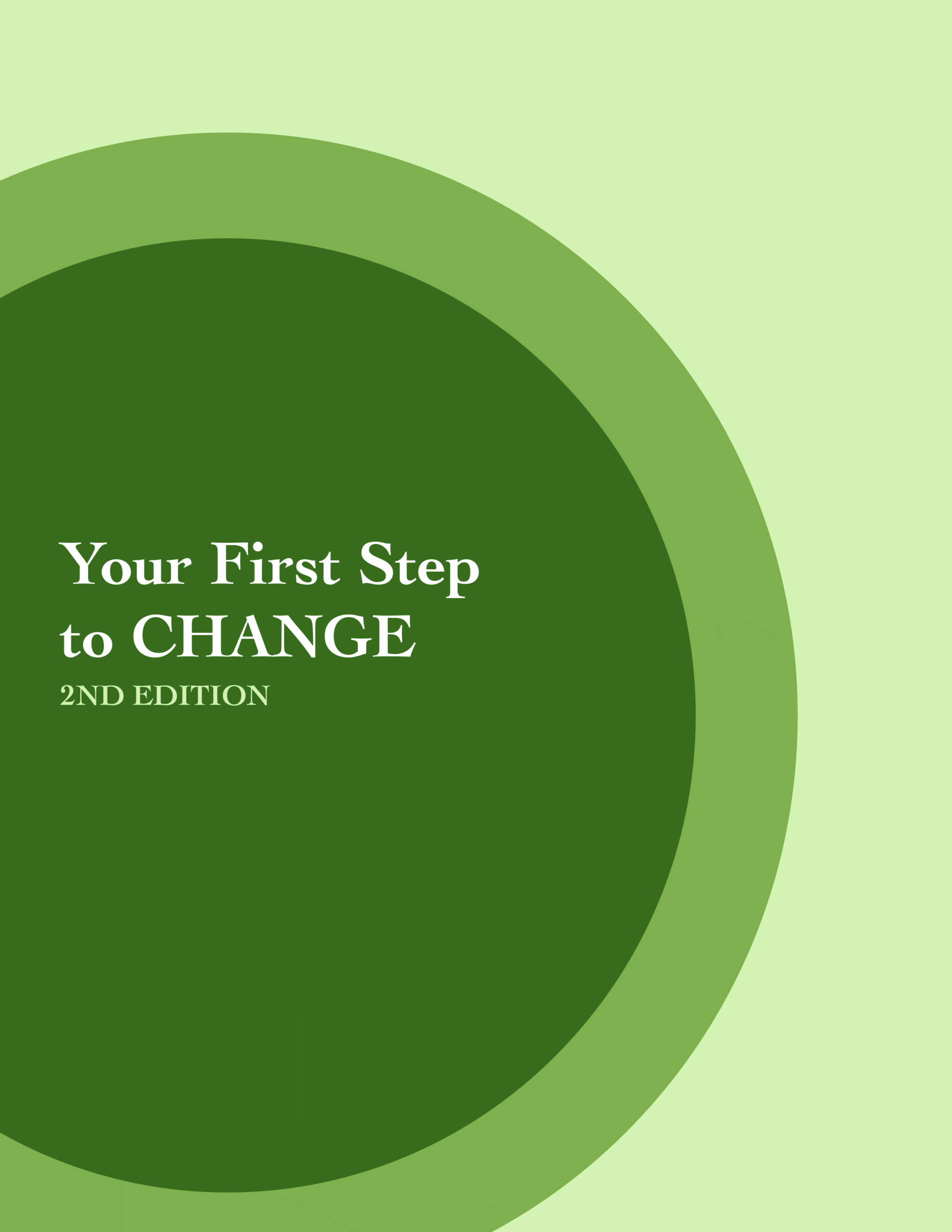
GAMBLING DISORDER SCREENING TOOL KIT
Screening Standards Manual NCPG
Gambling Assessment Manual NCPG
Your First Step to Change, 2nd Edition. A self-help toolkit of resources to help start the journey toward recovery from problem gambling behavior.
What is Gambling Disorder? One-page article describing Gambling Disorder from a mental health perspective.
Why Screen for Gambling? Evidence-based information about the importance of screening for Gambling Disorder.
The Brief Biosocial Gambling Screen. Our recommended brief screen for Gambling Disorder (a one-page, “printer friendly” screener)
Gambling Resources & Referrals. Additional problem gambling information and tools for self-help and referrals.
BBGS e-Screener. An electronic version of our Brief Biosocial Gambling Screen (only users see their results)
SELF-HELP PUBLICATIONS
View, download or order a hard copy below (These are meant to be supplemental guides, not a replacement for therapy)
- Your First Step to Change, 2nd Edition. A self-help toolkit of resources to help start the journey toward recovery from problem gambling behavior.
- Personal Financial Strategies for the Loved Ones of Problem Gamblers
BROCHURES
- Warning Signs of Problem Gambling (English, Spanish, Chinese, Hmong and Vietnamese)
- What Families Can Do When a Loved One has a Gambling Problem (English and Spanish)
- What is Problem Gambling? (English, Somali and Spanish)
- Gambling When in Recovery (English and Spanish)
- Gaming Disorder (English and Spanish)
- Gamban—Block Access to Your Devices (English and Spanish)
- Lower Risk Gambling Guidelines
- Older Adults and Gambling
- Talking to Your Child About Gaming
- Youth and Gambling—What Parents Need to Know
BROCHURES for professionals
- Be Part of the Solution (English and Spanish)
- Why Screen for Gambling Disorder? (English and Spanish)
Newsletter
- Northern Lights - MNAPG Quarterly Newsletter
Interested in receiving copies of our literature?
INSPIRING SUCCESS STORIES
You and your clients should know that treatment has helped improve the lives of many Minnesotans with a gambling problem. We have a trove of stories reflecting this success.
In Their Own Words – Diane’s Story
The story of Diane, the wife of someone with a gambling problem, illustrated the struggle of a concerned other and how the couple survived a gambling addiction. READ MORE
In Their Own Words – Melanie’s Story
Melanie returned to GA after losing her job, experiencing depressions and attending treatment for her gambling. She learned that she can find hope and meaning from the most unlikely of sources and lives a gambling-free life today. READ MORE
In Their Own Words – Megan’s Story
Megan, who had the same gambling problem as her grandmother, is well on the road to a recovery that grows sweeter by the day. READ MORE
ARTICLES ABOUT PROBLEM GAMBLING
MNAPG Launches Community Leader Training
Minnesota launches community leader training to help reach those with gambling addiction. READ MORE
Why Gamblers Use Multiple Operators
Gamblers looking for an edge—or a bargain—use multiple operators. READ MORE
Anonymized Gambler Data Collection Key t o Advancing Problem Gambling Detection
Multi-platform data collection is critical to identifying potential problem gamblers. READ MORE
2023 MNPGA Conference Connecting. Reflecting. Moving Forward. Prevention + Recovery = Hope — 2023
The Minnesota Conference on Problem Gambling is just around the corner. READ MORE
View or Request
Read
RESEARCH
Access problem gambling research

